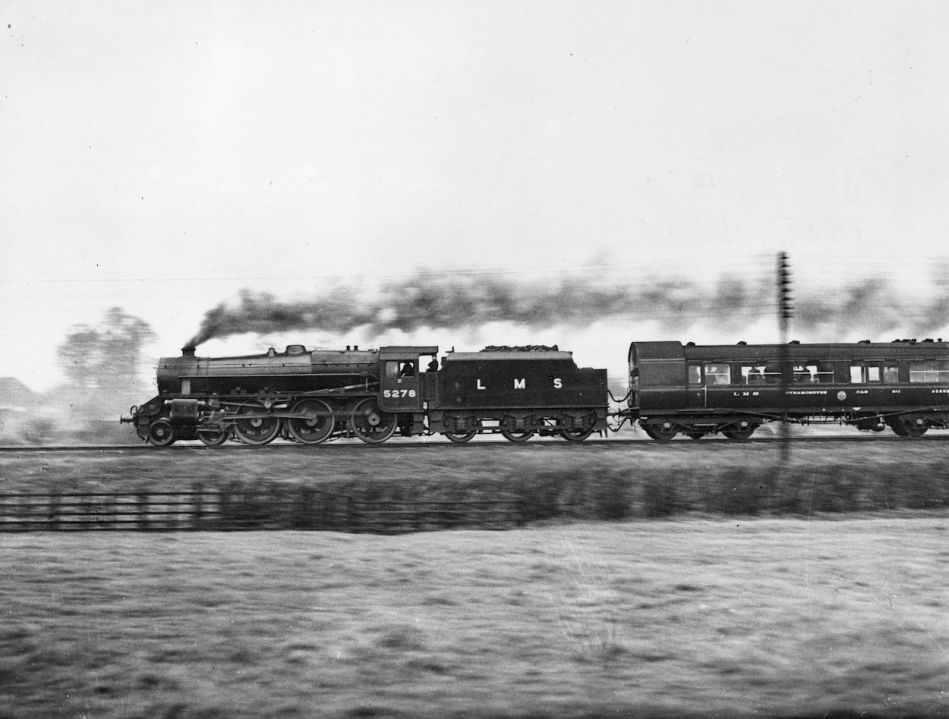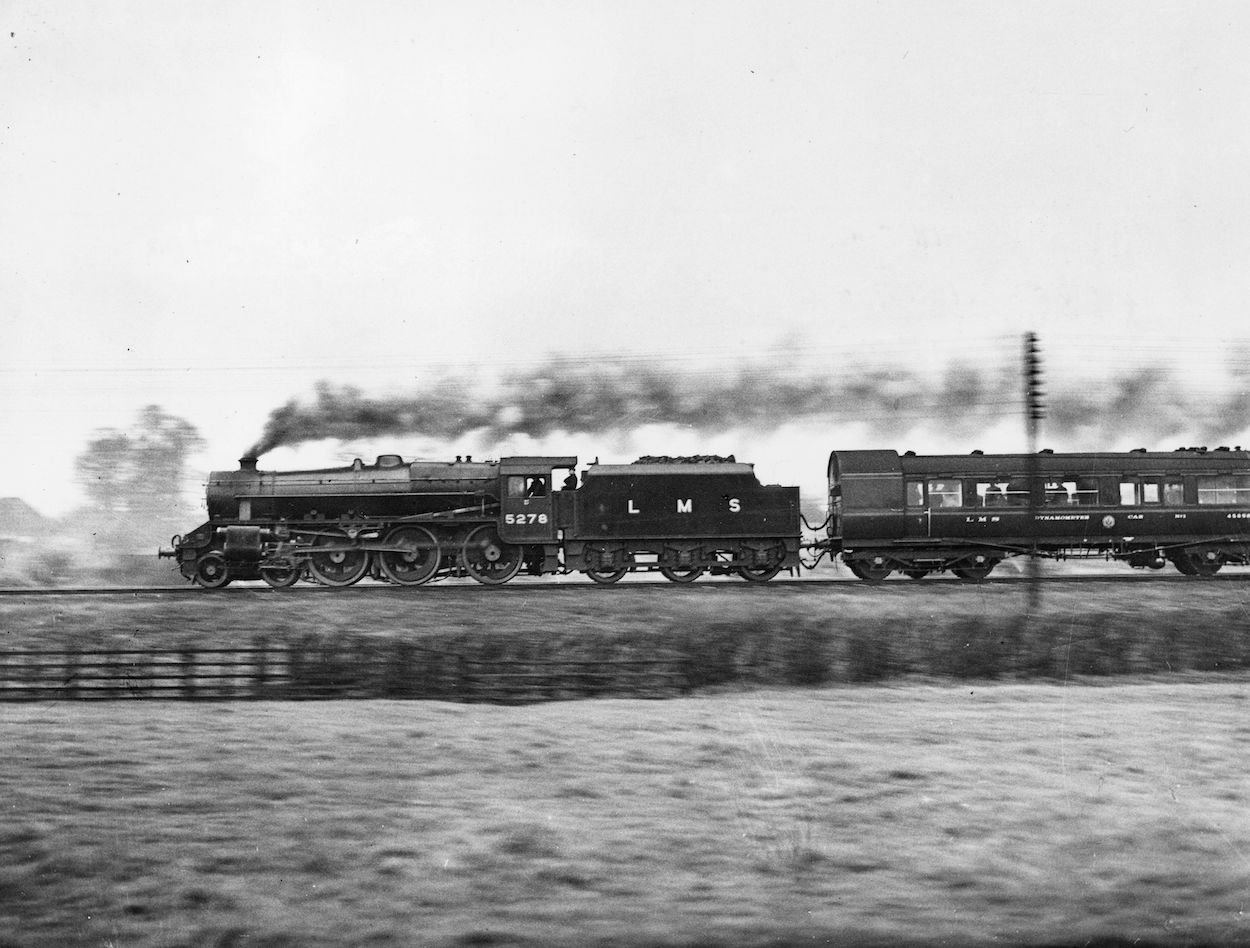In the early 1950s, as a very small school boy, I would travel between Inverness and London by steam sleeper train. The adventure started with tea in the Inverness Station Hotel while awaiting the train south. My parents never worried about my safety – unlike today, when children must have constant supervision from only the most stringently vetted adults.
When I arrived at the platform, I was met by the sleeper superintendent, a guard into whose charge I was given. He had a small cabin in the luggage van, which, depending upon the time of year, would be decked with strings of rabbits, salmon in plaited reed cases, grouse, pheasants and all manner of delicious wild things, destined for Smithfield Market. Often, there would be a dog or two in need of attention and water.
The guard would often ask me, as a child in his charge, if I wanted to help him serve early morning tea and biscuits with the following morning’s wake-up call. My reply was always a resounding yes. As the train set off, I would follow him around as he went through carriages, checking that all his passengers were comfortable and noting whether or not they wanted to be woken up and, if so, at what time.
With a judder, we began to move, slowly gathering pace, then speeding on towards London
Finally, it was off to my compartment. Being the youngest and probably the most agile passenger, I was given the top bunk, whether it was officially allocated to me or not. To get to it, I had to climb onto a small table in front of the window, then hoist myself from there into a bunk made up with clean (though rather scratchy) sheets, a thick blanket and a thin pillow.
When all the lights were out, a single dim blue light remained so that, should one need to get up in the night, you could just about make out where to put your feet when climbing down. Soon I was rocked off to sleep by the swaying of the carriage and the clackety-clack of wheels passing over the joints between rails, accompanied by the pervading sulphurous smell of burning coal from the engine.
Early in the morning, I would wake as we pulled to a stop at Crewe station. Peering through the sooty window, I watched passengers getting on and off the train, helped by porters pushing large barrows piled high with luggage. Then came the high trill of the stationmaster’s whistle as he waved a green flag, signalling the driver to open the steam valve. With a judder, we began to move, slowly gathering pace, then speeding on towards London.
Some time later there came a tap on my bunk. The guard signalled that I should get up – always easier said than done as I scrambled around to put on trousers, shirt and tie in quite confined quarters, all without falling out. The guard and I would go down the carriage corridor, knocking on doors until a reply was received. As he opened the compartment door, I would say ‘Good morning Sir (or Madam)’, and give them their tea and biscuits.
An abiding memory is that of very old people – or, at least at my age then, they seemed to be very old – popping their heads out of their compartments to see if there was a queue for the lavatory. If not, they would appear dressed in the most wonderful array of garments; often the ladies would emerge with their hair let down. Yet a few minutes later as they got off the train, every passenger would be immaculately dressed, the ladies sporting plaited and pinned-up hairdos.
In London, I would be met by a Universal Aunt. I don’t know if they still exist, but they were ladies who would, for a fee, collect children from the train and look after them for the day until it was time to catch the next train to school. Back in those days, when food had a season, I travelled home from school for the summer holidays, looking forward to July raspberries which in the south were already gone. In winter, the train stopped early in the morning at Kingussie. I would look through the frosty window and was greeted by the dazzling sight of snow. Oh, the joy of being nearly home, and of the world heralding the coming of Christmas.







Comments